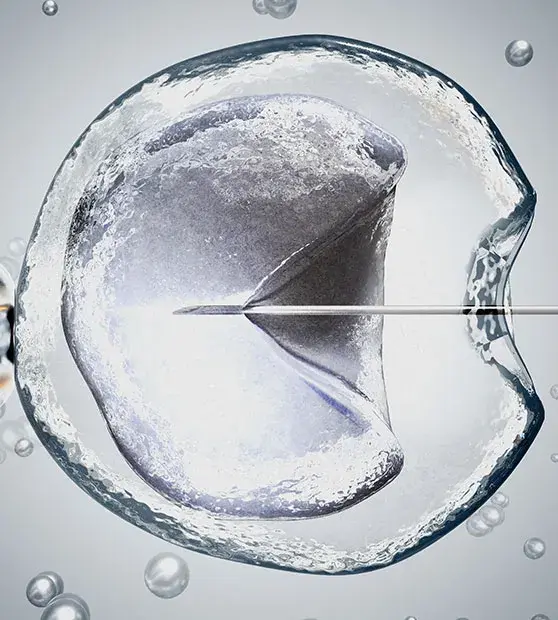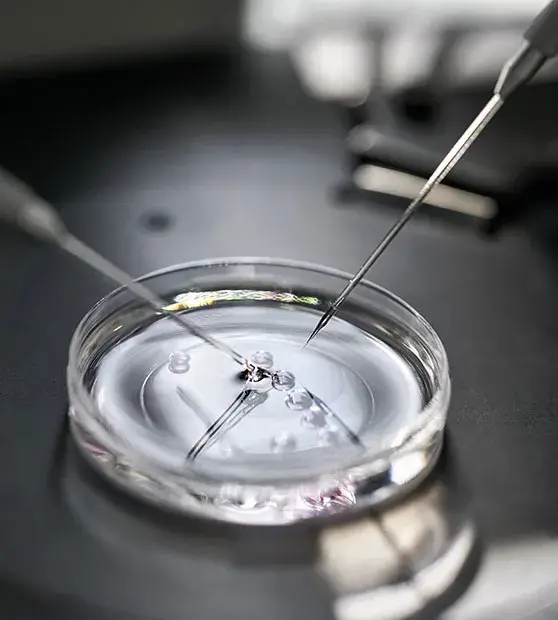Recurrent Implantation Failure
Implantation is a stage of pregnancy in which the embryo attaches to the uterine wall. Successful embryo implantation occurs in a receptive uterus, and an ultrasound scan of the endometrium confirms the result.
Recurrent Implantation Failure (RIF) refers to the failure to achieve a viable pregnancy after transferring after the transfer of at least four good-quality embryos, with at least three fresh or frozen cycles in women under the age of 40 years.
Recent studies suggest that most RIFs occur due to embryo factors, and this can be lowered by transferring euploid embryos (embryo which has the normal number of 46 chromosomes).
What are the causes of Recurrent Implantation Failure (RIF)?
Embryo Factors
Embryo factors play a crucial role in recurrent implantation failure. Quality of embryo varies depending on certain factors including oocyte and sperm quality, parent’s chromosomal anomalies, zona hardening, stage of development and number of transferred embryos. Implantation failure may occur due to any disorders in these factors.
Endometrium Factors
Factors that interfere with implantation include:
- Large fibroids
- Big size endometrial polyp
- Intrauterine adhesions
- Inborn uterine deformities
- Estrogen and Progesterone play a major role in developing uterine lining. Both these hormones are watchfully regulated during the IVF procedure.
Hydrosalpinges (collection of fluid in the tubes)
Hydrosalpinges occur in IVF females experiencing tubal disease. IVF procedure is the treatment of choice for women with a loss of tubal function.
Thrombophilia and Immunological Factors
- The major role of the immune system is to defend the body against invading pathogens and infections.
- Uterine Natural Killer (NK) cells get augmented in number in females with RIF. Also, the NK cells present in the blood do not indicate the uterine NK cells presence.
Thrombophilia, which is a disturbance of the blood clotting system, can be associated not only with intermittent pregnancy loss but also with RIF.
How to fix recurrent implantation failure?
RIF of a couple must be managed with a multidisciplinary approach with the help of a fertility specialist, embryologist, reproductive surgeon, and counsellor. Appropriate investigations should be carried out to rule out the underlying cause for the repeated failure.
At ART fertility clinic, we provide a complete holistic approach to manage recurrent implantation failure. Book your appointment today.




